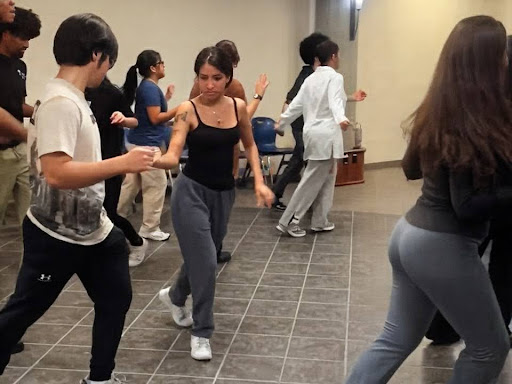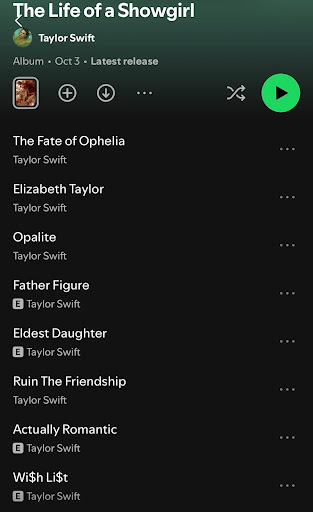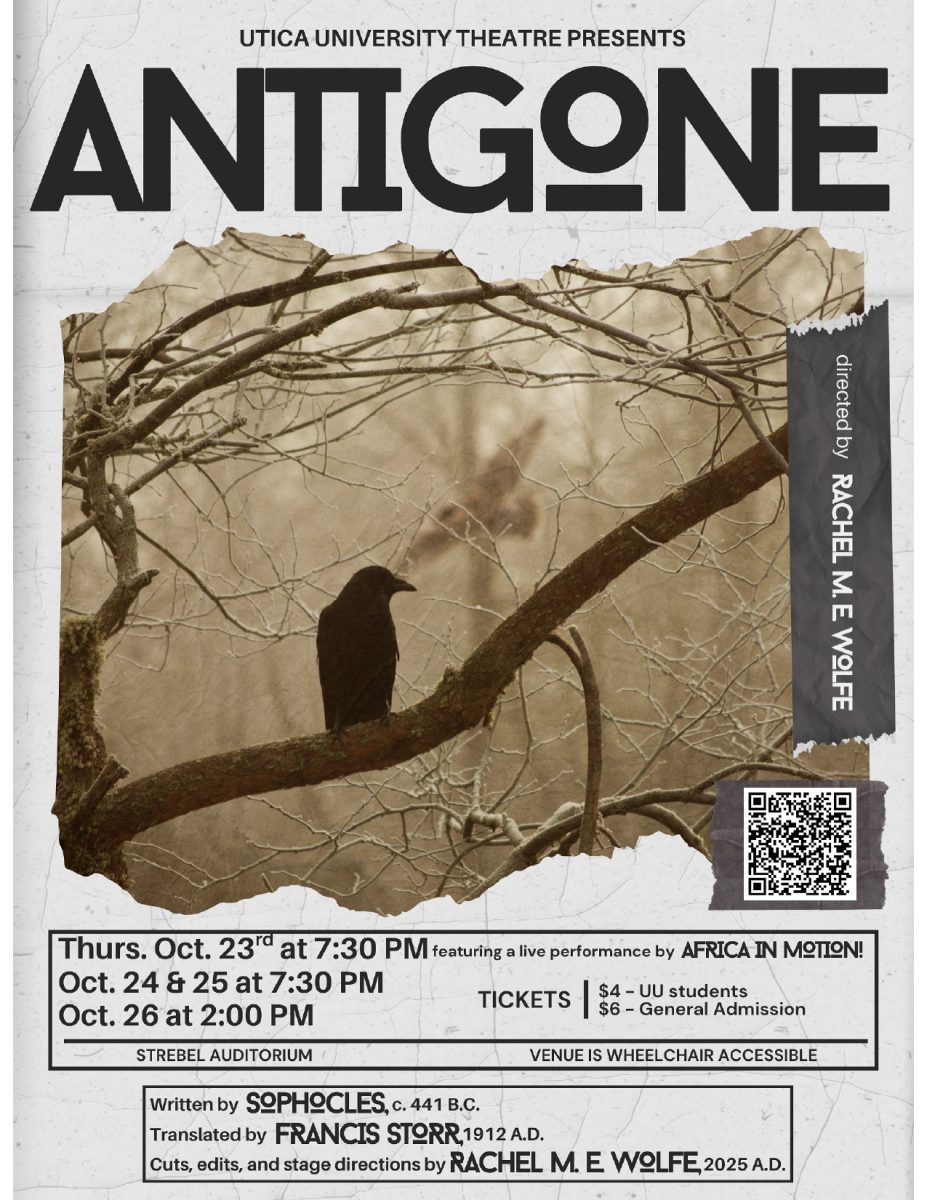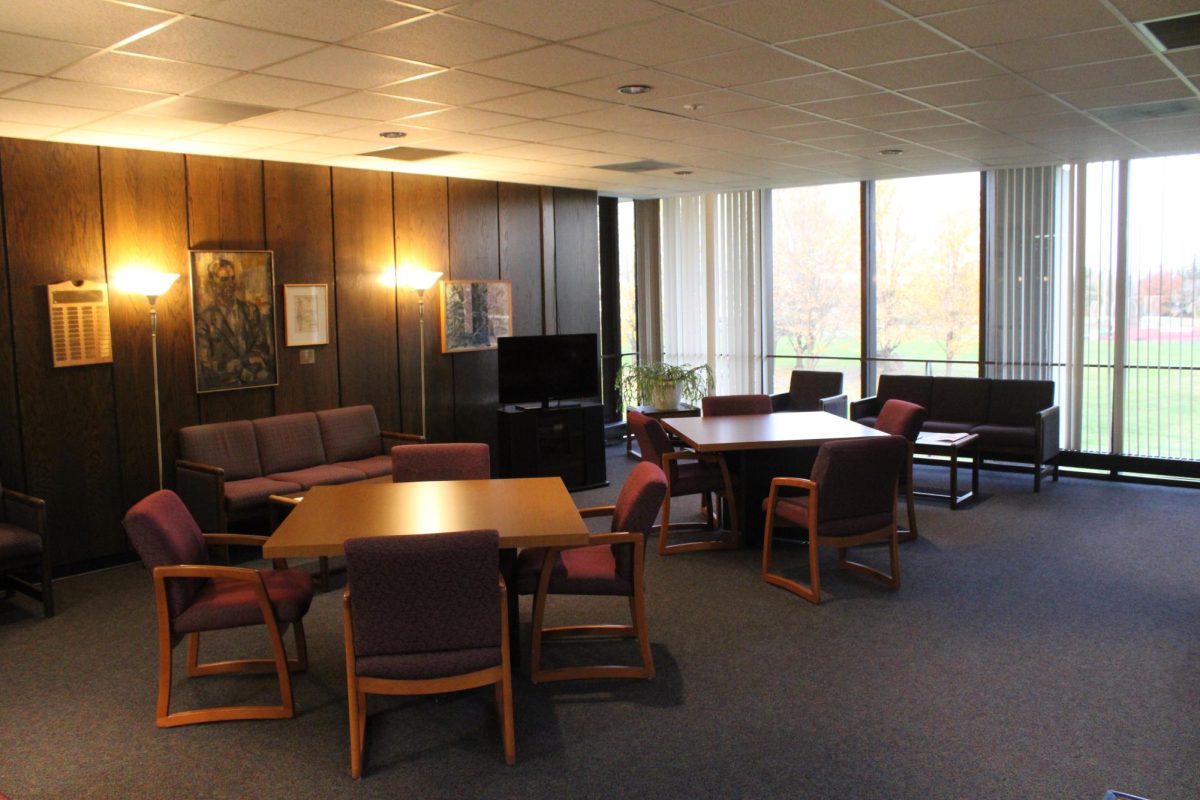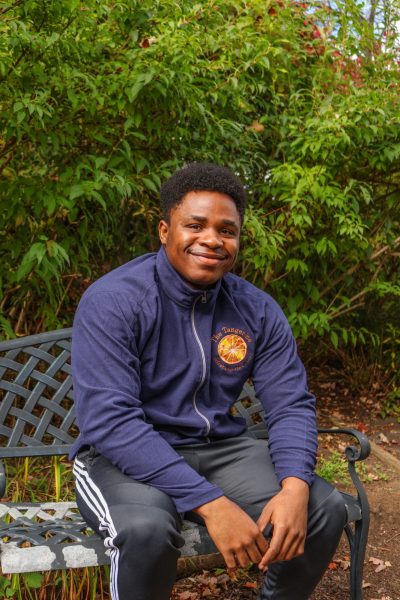Updated: Oct. 4, 2023 at 10:35 a.m.
The Utica University chapter of the American Association of University Professors (AAUP-Utica) reached a 99.22% ratifying vote in favor of the tentative agreement which was approved by the AAUP-Utica Governing Board on Sept. 6.
In the one-week voting period that concluded on Wednesday, Sept. 27, of the 152 members in good standing, 128 equivalent to 84.5% of all eligible voters cast their ballots on the tentative agreement of which 127 members voted Yes.
“These results demonstrate the amazing strength and unity of our bargaining unit,” AAUP-Utica President Leonore Fleming said. “I’m extremely proud of our negotiation team, the AAUP-Utica leadership, and the entire bargaining unit, for all of the hard work they’ve expended over the past year.”
The Board of Trustees along with President Todd Pfannestiel on Sept. 28 at 11 a.m. and discussed the agreement after which a unanimous approval by the Board of Trustees in favor of the agreement was handed down at noon. Therefore the new contract for AAUP-Utica members which expires in May of 2027 is effective immediately.
According to Pfannestiel, the university’s position has always been to achieve a collective bargaining agreement that is best for the institution as well as fair and supportive of the faculty.
“We wish we could have done so without the previous contract expiring,” Pfannestiel said. “The end result of the negotiation was a contract that is in the best interest of both the faculty and the institution.”
Leading up to negotiations, Fleming said the union leadership, the negotiation team and the governing board sent out a survey asking members to rank specific issues, as well as asking for comments and concerns which helped prepare for the bargaining process.
Daniel Tagliarina, vice president of AAUP-Utica, said one of the positives from the new agreement is the minimum salary guarantees across ranks as digging through the numbers found there were a lot of pay inequities issues.
“This is one way to push for more equity,” Tagliarina said. “So that we don’t have people who are effectively in the same position at the same rank being financially compensated radically differently.”
Though the labor agreement was achieved there is still a lot of work to be done on non-economic issues, said Fleming. Several ongoing grievances as well as the one filed on Jan. 10 over the university’s failure to provide shared governance in response to the Academic Program Review are now at the arbitration stage. However, per the new contract, Fleming said the arbitration was placed on hold until Dec.15.
“Our plan now is to subpoena all of that information (and more) prior to the arbitration event so that we can demonstrate how the entire Academic Portfolio Review process was a violation of shared governance as stipulated in our collective bargaining agreement,” Fleming said.
With the Board of Trustees still censored by the Faculty Senate body, Fleming said, the arbitration will become active again unless both sides agree to delay it further. If not, the date for arbitration will likely be in late January with hopes of reaching an agreement before Dec. 15, or if not at least make some progress towards a settlement.
“When listening to my faculty colleagues over the past few weeks, what is crystal clear to me is that this is still an issue worth fighting for, and having a new economic contract in place doesn’t change that,” Fleming said.




